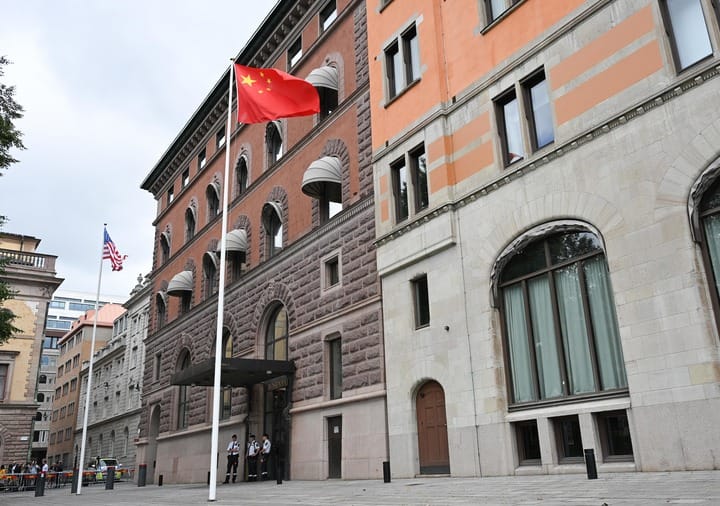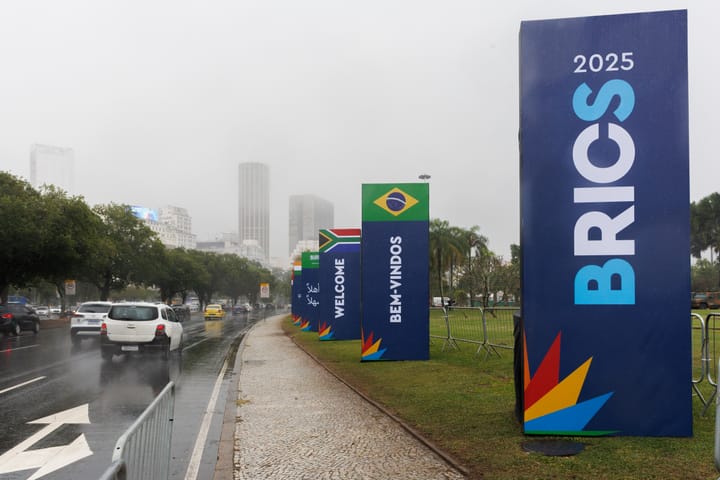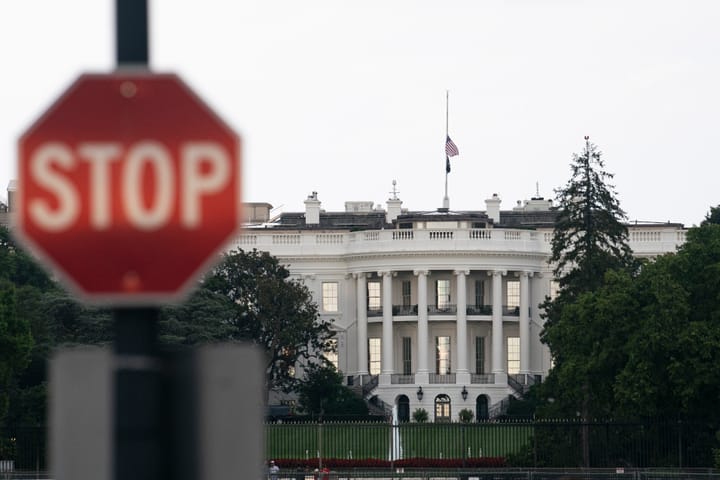China Can Be Trusted: Rooted in the Commitment to Match Words with Actions

By Wang Fan
Recent international surveys conducted by several Western consulting firms have highlighted a trend: China's global favorability is steadily rising. As a responsible major country, China's concepts and practices in global governance are gaining recognition from people in more and more countries. Based on this, the Chinese media outlet Global Times has published a series of articles titled "The World Can Trust China", providing readers with references to understand how China builds a global perception of "China Can Be Trusted" through concrete actions.
When a few major powers remain obsessed with zero-sum games and wantonly disrupt the global economic and trade order, China has proven through solid actions that a country committed to fairness and justice, steadfast in upholding the multilateral system, advocating win-win cooperation, and actively sharing development opportunities is the reliable anchor of stability and source of growth that the world can trust. Trust originates from the commitment to match words with actions.
In sharp contrast to countries that pursue power politics and unilateralism, China has always safeguarded international fairness and justice. This is not an empty slogan but a core concept running through China's foreign policy and international practices.


